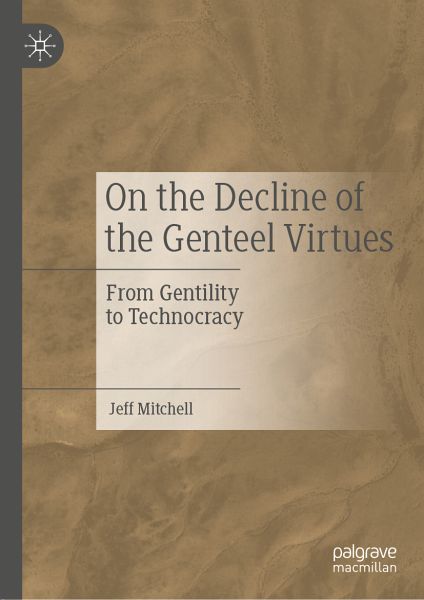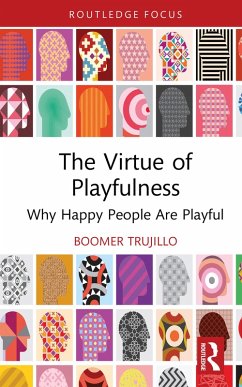
On the Decline of the Genteel Virtues (eBook, PDF)
From Gentility to Technocracy
Versandkostenfrei!
Sofort per Download lieferbar
46,95 €
inkl. MwSt.
Weitere Ausgaben:

PAYBACK Punkte
23 °P sammeln!
This innovative book proposes that what we think of as "moral conscience" is essentially the exercise of reflective judgment on the goods and ends arising in interpersonal relations, and that such judgment constitutes a form of taste. Through an historical survey Mitchell shows that the constant pendant to taste was an educational and cultural ideal, namely, that of the gentleman, whether he was an ancient Greek citizen-soldier, Roman magistrate, Confucian scholar-bureaucrat, Renaissance courtier, or Victorian grandee. Mitchell argues that it was neither an ethical doctrine nor methodology t...
This innovative book proposes that what we think of as "moral conscience" is essentially the exercise of reflective judgment on the goods and ends arising in interpersonal relations, and that such judgment constitutes a form of taste. Through an historical survey Mitchell shows that the constant pendant to taste was an educational and cultural ideal, namely, that of the gentleman, whether he was an ancient Greek citizen-soldier, Roman magistrate, Confucian scholar-bureaucrat, Renaissance courtier, or Victorian grandee.
Mitchell argues that it was neither an ethical doctrine nor methodology that provided the high cultures with moral and political leadership, but rather an elite social order. While the gentry in the traditional sense no longer exists, it nevertheless made significant historical contributions, and insofar as we are concerned to understand the present state of human affairs, we need to grasp the nature and import ofsaid contributions.
Dieser Download kann aus rechtlichen Gründen nur mit Rechnungsadresse in A, B, BG, CY, CZ, D, DK, EW, E, FIN, F, GR, HR, H, IRL, I, LT, L, LR, M, NL, PL, P, R, S, SLO, SK ausgeliefert werden.
Alle Preise in Euro und inkl. der gesetzl. MwSt. | Innerhalb Deutschlands liefern wir preisgebundene Bücher versandkostenfrei. Weitere Informationen: bitte hier klicken
Support
Bitte wähle dein Anliegen aus:
Rechnungen
Bestellstatus
Retourenschein
Storno












